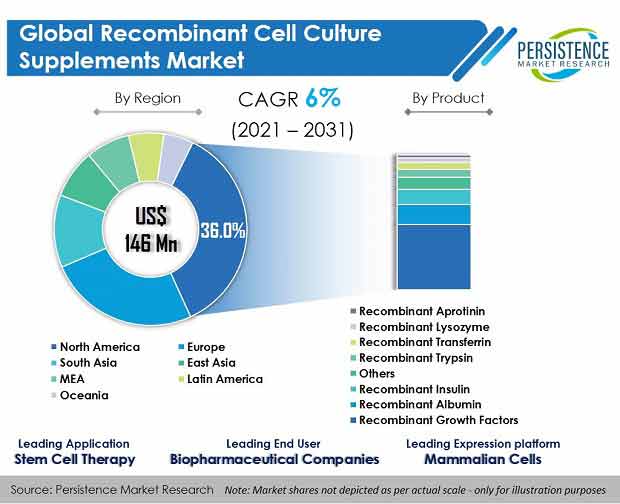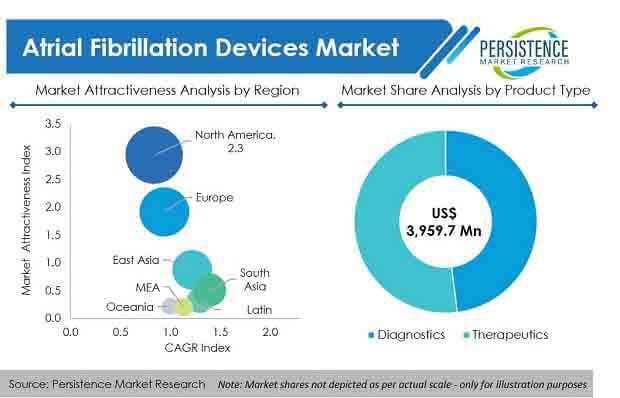According to PersistenceMarketResearch, the Global Recombinant Cell Culture Supplements Market will grow at the rate of over 6% from 2020 to 2030.
The demand for Recombinant Cell Culture Supplements is witnessing a stupendous growth. This could be attributed to an ever-increasing demand for new-fangled vaccines for treating and/or preventing various diseases along with emphasis on research activities pertaining to stem cell by the biopharmaceutical manufacturers.
Cell culture does offer information mandatory to biochemistry and physiology of the cells, which is not feasible in vivo conditions. Besides, these methods do help in analysing the effects of the drugs on population density, growth rate, and culture conditions. The recombinant cell culture supplements do help in helping mammalian cells in synthesizing proteins, which happen to be vital ingredients of the biologic drugs. Recombinant proteins are used on a comprehensive note to boost the growth and productivity of cells.
As of now, Recombinant Cell Culture Supplements are being used for developing vaccines, especially when the healthcare professionals finding it to be the only way of getting away with the pandemic. By product, recombinant insulin leads the Global Recombinant Cell Culture Supplements Market.
North America dominates the Global Recombinant Cell Culture Supplements Market due to advancements in cell culture herein. Europe stands second. The Asia-Pacific is expected to grow at the fastest pace with more funds being allocated to healthcare, especially the countries like India and China.
The key players in the Global Recombinant Cell Culture Supplements Market include Hoffmann-La Roche Ltd., Cell Sciences, Inc., Becton, Dickinson and Company, Stemcell Technologies Inc., InVitria, Biocon, Fujifilm Holdings Corporation, Hi-Media Laboratories, Lonza Group Ltd., GE Healthcare, SeraCare Life Sciences, Inc., Merck KGaA, and Thermo Fisher Scientific. As of now, Merck KGaA holds the largest share, which could be credited to a plethora of Recombinant Cell Culture Supplements being offered by it coupled with an extensive demand on their part.



